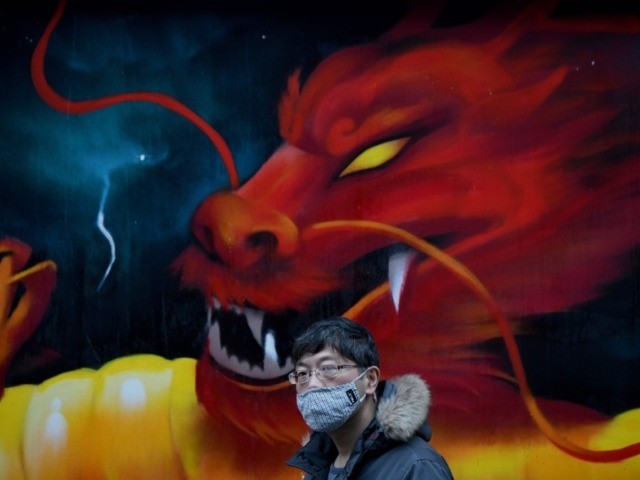Using “incorrect” words and language may have a negative meaning and fuel stigmatizing attitudes towards coronavirus victims, the World Health Organization (WHO) warned on Monday.
The agency’s director-general, Tedros Adhanom Ghebreyesus, released a document that cautioned those who associate the viral epidemic with “China,” “Wuhan” or “Asia” in particular to be more aware of people’s feelings.
He said the “stigma” around coronavirus is “more dangerous than the virus itself.”
When talking about #COVID19, certain words & language may have a negative meaning for people and fuel stigmatizing attitudes https://t.co/yShiCMfYF3 #coronavirus pic.twitter.com/d54qL4LY2H
— World Health Organization (WHO) (@WHO) March 2, 2020
The Ethiopian pointed journalists and commentators towards a special WHO document that outlined all the accepted U.N. protocols for dealing with coronavirus commentary.
In particular, any association between coronavirus and the country and/or city of its origin should not be used. The document says:
Don’t attach locations or ethnicity to the disease, this is not a “Wuhan Virus”, “Chinese Virus” or “Asian Virus”. The official name for the disease was deliberately chosen to avoid stigmatisation – the “co” stands for Corona, “vi” for virus and “d” for disease, 19 is because the disease emerged in 2019.2 UNAIDS terminology guidelines: from ‘AIDS victim’ to ‘people living with HIV’; from ‘fight against AIDS’ to ‘response to AIDS’.
WHO also wants no negative connotations to be held against those who suffer: It says:
Social stigma in the context of health is the negative association between a person or group of people who share certain characteristics and a specific disease. In an outbreak, this may mean people are labelled, stereotyped, discriminated against, treated separately, and/or experience loss of status because of aperceived linkwith a disease. Such treatmentcan negatively affect those with the disease, as well as their caregivers, family, friends and communities. People who don’t have the disease but share other characteristics with this group may also suffer from stigma.The current COVID-19 outbreak has provoked social stigma and discriminatory behaviours against people of certain ethnic backgrounds as well as anyone perceived to have been in contact with the virus.
Ultimately WHO wants an approach that is devoid of any negatives but instead focusses on any positives – however slim they are:
When talking about coronavirus disease, certain words (i.e suspect case, isolation…) and language may have a negative meaning for people and fuel stigmatizing attitudes. They can perpetuate existing negative stereotypes or assumptions, strengthen false associations between the disease and other factors, create widespread fear, or dehumanise those who have the disease.This can drive people away from getting screened, tested and quarantined. We recommend a ‘people-first’ language that respects and empowers people in all communication channels, including the media.
This is not the first time Tadros has cautioned the global community over its perception of the coronavirus and warned that language must change.
As Breitbart News reported, last month he warmly praised China for its response to the deadly outbreak, saying it has “bought the world time” and other nations should watch and learn before making the most of it.
Tedros rejected outright claims China’s bureaucratic paralysis and institutional negligence had in any way contributed to the global spread of the disease.
Instead he wants China to serve as a model of efficiency and advanced medical care.
He reinforced that approach when he made another announcement praising China, expressing confidence in the measures it had taken to control the spread of the contagion, as Breitbart News reported.

COMMENTS
Please let us know if you're having issues with commenting.